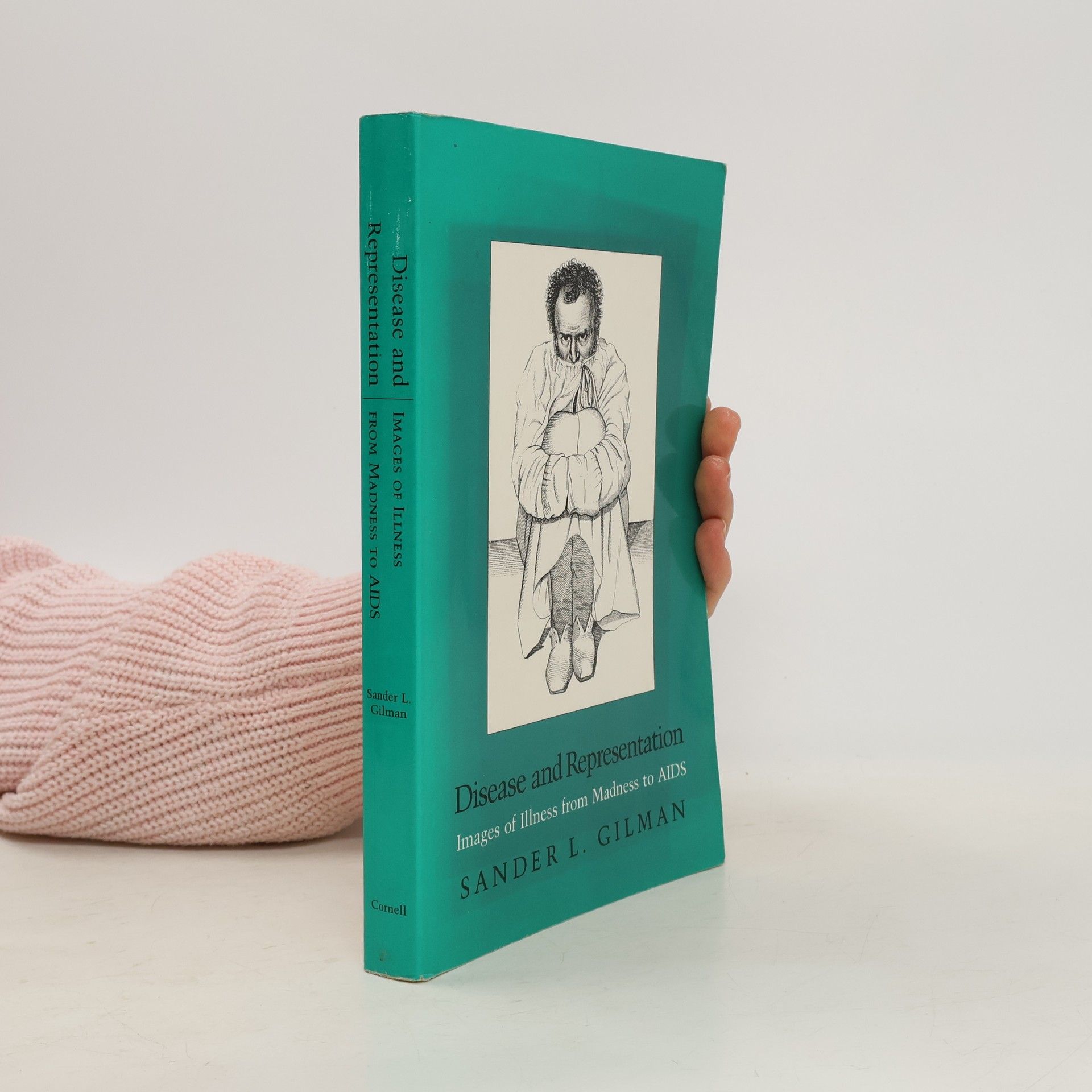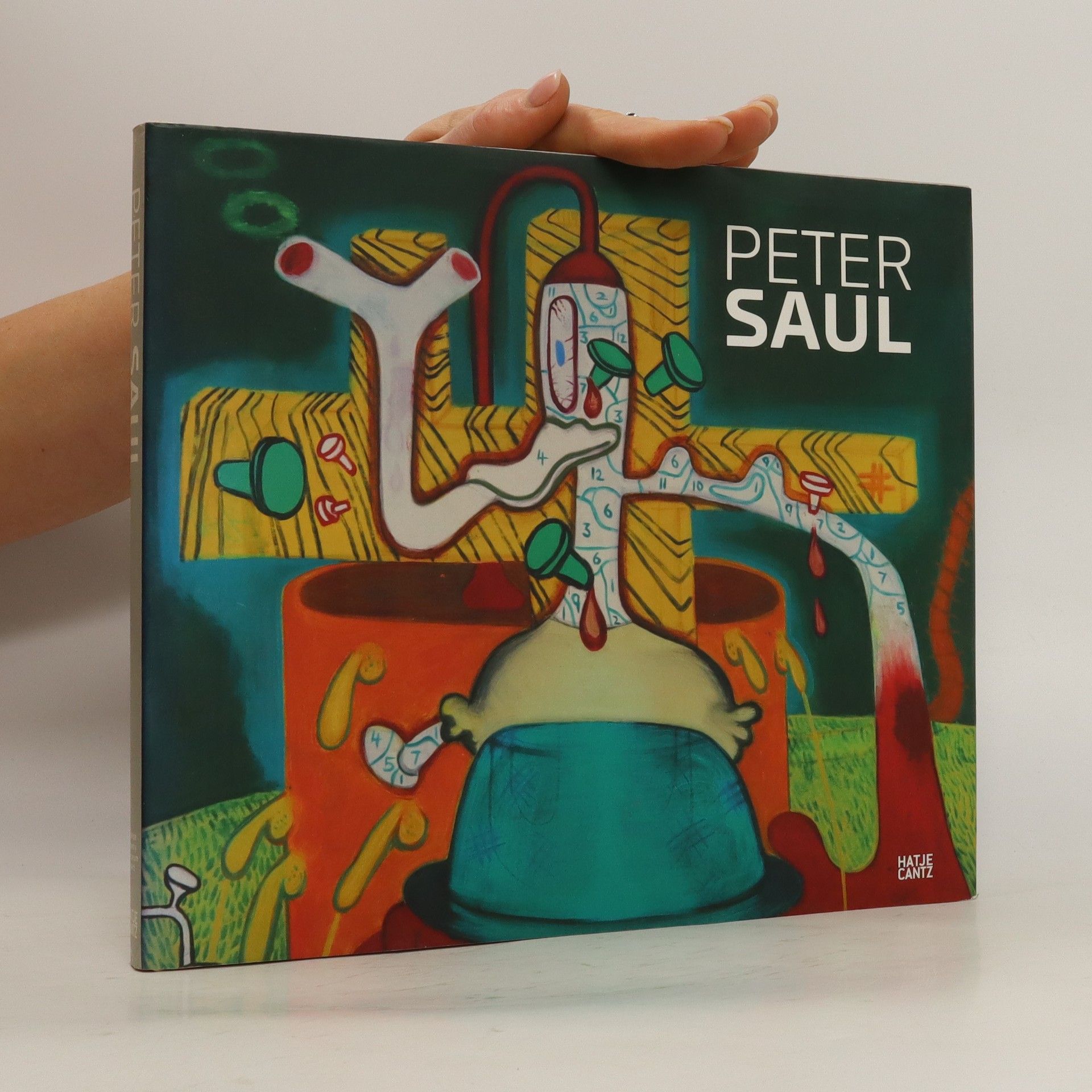Kara Walker: my complement, my enemy, my oppressor, my love
- 418pages
- 15 heures de lecture
„At last: a catalogue which is so convincing that it makes a museum visit practically redundant.“ (die tageszeitung)
Sander L. Gilman est un historien culturel et littéraire américain, connu pour ses contributions aux études juives et à l'histoire de la médecine. Son travail se concentre sur la médecine et les échos de sa rhétorique dans le discours social et politique. Gilman explore comment les concepts médicaux et leur langage se reflètent dans la société et la politique en général, analysant leur influence sur notre compréhension du monde. Son œuvre étendue offre des aperçus profonds sur l'interconnexion de la science, de la culture et des normes sociales.







„At last: a catalogue which is so convincing that it makes a museum visit practically redundant.“ (die tageszeitung)
A timely, cogent exploration of how COVID-19 has caused predudice and xenophobia.
Gilman, Sander L.
Seeing the Insane is a richly detailed cultural history of madness and art in the Western world, showing how the portrayal of stereotypes has both reflected and shaped the perception and treatment of the mentally disturbed.
Lidé kouřili odjakživa a zřejmě se budou tomuto potěšení oddávat vždy. Každá kultura v historii něco kouřila, ať už jako lék, jako součást určitého rituálu nebo jako jeden z kulturních aspektů. Dosud ještě nebyla kupodivu popsána žádná historie kouření, založená na skutečnosti, že kouření — ve všech svých formách a se všemi svými produkty — je kulturním fenoménem, který je společný všem lidským společnostem. Kniha Příběh kouření zkoumá kulturu kouření v různých tradicích a místech po celém světě. Od opiových doupat ve viktoriánské Anglii k tabáku z období Edo v Japonsku, od marihuany a kokainu k havanským doutníkům. Kniha vychází z kulturně-historického pohledu a obsahuje velké množství obrazového materiálu: více než tři stovky ilustrací, zobrazujících kouření a kuřáky nejrůznějších látek včetně tabáku, vonných cigaret, marihuany, opia a kokainu. Čtenář v publikaci nalezne slavné jako byly Marlene Dietrichová, Charlie Parker či Bob Marley, ale především se vydá se na cestu zkoumání kouření z mnoha různých hledisek — literatury, umění, kultury, pohlaví, sexuality a zdraví. Jednotlivé pasáže se zamýšlejí nad měnící se roli kouření ve vyspělých a významných kulturách a snaží se odhadnout budoucnost tohoto složitého kulturního fenoménu. Vycházejí z různorodého materiálu, od reklamních obrázků až k právní a morální kritice kouření.
Dokumentation eines wissenschaftlichen Symposiums zur Ausstellungsvorbereitung über das Bild des Judentums. Die Beiträge beschäftigen sich mit gesellschaftlichen Vorstellungen vom Judentum und denen von jüdischen Menschen, die bis heute als Stereotype das Bild beherrschen. Themen sind beispielsweise Körperkultur und Schönheit; Gesundheit und Krankheit